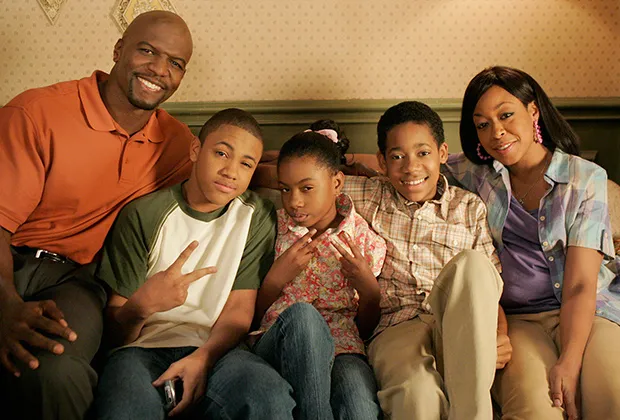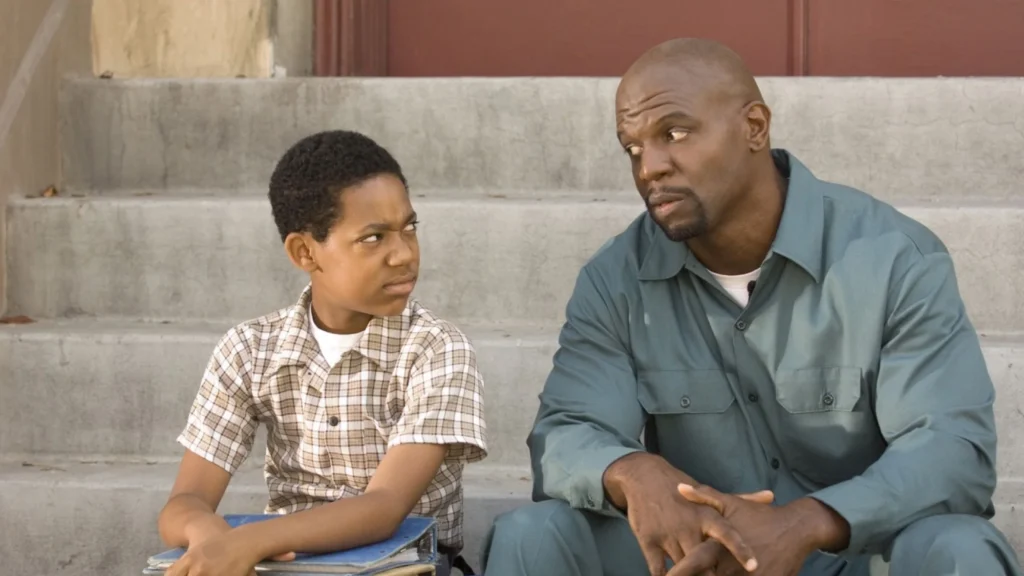The Journey of Father’s Day: Celebrating Dad
Welcome to our special feature on the history and significance of Father’s Day, a day dedicated to honoring and recognizing fathers’ vital role in their families and society.
The Origins of Father’s Day

Father’s Day began over a century ago in the United States. The first known celebration took place on June 19, 1910, in Washington State, inspired by Sonora Smart Dodd, who admired the dedication of her own father, a Civil War veteran and single parent who raised his six children single-handedly. Although Mother’s Day had been officially recognized in 1914, Father’s Day did not become a national holiday until 1972, under President Richard Nixon’s administration. This marked a significant acknowledgment of fathers’ contributions, although it faced considerable resistance due to fears of commercialization.
Understanding the Apostrophe in Father’s Day: Significance and Grammar
The use of an apostrophe in the word “Father’s” in “Father’s Day” is a subject of grammatical importance that specifies the meaning of the term. The apostrophe in “Father’s Day” makes it a possessive noun, which means the day belongs to fathers; it is a day to honor and celebrate fathers. Without the apostrophe, “Fathers Day” would imply it is a day of multiple fathers without any possessive connotation, which could be interpreted more generally and less personally. Thus, the apostrophe is used to indicate that this special day is dedicated specifically to celebrating each individual father’s role in the family and society.

The Evolution Over Time
Initially met with skepticism, Father’s Day gradually gained acceptance. Early on, the day was marked by wearing roses and attending church services. Over time, it became an occasion for family gatherings and personal expressions of gratitude toward fathers and father figures. Today, Father’s Day is celebrated on the third Sunday of June in the United States and on various dates around the world, often with gifts, family dinners, and community events. Its global spread highlights the universal value of fatherhood.
Current Celebrations and Trends
In contemporary times, Father’s Day goes beyond traditional celebrations. It’s an opportunity for families to spend quality time together, whether through outdoor activities, crafting personal gifts, or simply sharing stories and creating memories. Social media and modern communication have also played a significant role in shaping how this day is celebrated, allowing for shared experiences and expressions of love and appreciation that reach fathers no matter where they might be.
The Importance of Father’s Day
Father’s Day is more than just another holiday. It serves as a reminder of the essential role fathers have in nurturing and guiding their children. It’s a day that challenges the traditional perceptions of fatherhood and encourages men to embrace both the joys and responsibilities of being a dad. This celebration helps to foster emotional connections within the family and recognizes the sacrifices and contributions that fathers make every day.
Ensuring the Value of Father’s Day
Despite its establishment as a holiday, ensuring that Father’s Day holds genuine significance remains a focus. It’s crucial that the celebration avoids becoming solely commercial and retains its core purpose: to honor and appreciate the irreplaceable role of fathers. At Poppa University, we emphasize the importance of meaningful celebrations that strengthen family bonds and reflect the true value of fatherhood.
Join Us in Celebrating Fatherhood
Every Father’s Day, let’s honor the incredible dads who shape our lives in profound ways. Whether by telling stories of their strength and love, sharing a meal, or simply spending time together, every action counts in acknowledging their indispensable presence. Let us continue to elevate this day, ensuring it remains a heartfelt tribute to fathers everywhere.
At Poppa University, we believe every day is an opportunity to celebrate and support fathers as they continue to make a difference in the lives of their children and communities. Join us in fostering a culture that truly appreciates and uplifts fathers not just on Father’s Day, but every day.
Happy Father’s Day! Let’s make it memorable.
By Dr. Janice Kelly and Kenneth Braswell
Last month was the finale of ‘Everybody Hates Chris,’ as I reflect back we realized that Julius Rock played by Terry Crews reminded me of a familiar TV character from my youth, James Evans the father on Good Times (played by John Amos). Before we identify the differences between the two characters in terms of parenting style, we want to explain why we said it is the end of a TV character. Since the 1950s we had a number of working class fathers on television, but as the years went on we saw less and less images on television of the working class father who played the strong, hard-working, determined and dignified character.

Frequently blue collar fathers on television are seen as incompetent or as buffoons. Both James Evans and Julius Rock were not the prototypical working class fathers on family situational comedy. These fathers were anything but inept, rarely were they the center of the humor or acted as if they were one of the children. No, these two fathers bought dignity to the working class father. This is not to say that the shows did not have their share of humor, they did, but the fathers were not concern with making their audience laugh. One might hesitate to say that about the fathers on The House of Payne, The Browns, Family Guy or The Simpsons.
Image of Working Class Fathers
For the past 50 years, the entertainment industry has tarnished the image of working class fathers and some media critics have said this was intentionally done so that TV viewers would subconsciously strive for middle class values and occupations. Yet, according to the Bureau of Labor Statistics 45% of Americans are working class and as the middle class continues to shrink we will see more families identified under this label. 16.9% of African-Americans and 17.92 of Hispanic families are unemployed so to see a father trying to struggle for employment as James Evans did or watch Julius work at times work two jobs isn’t a stretch of the imagination. 34% of Americans are finding the need to work a second part-time job in order to make ends meet.
These fathers showed their concern for the survival and stability of their families as well as real frustration of trying to remain employed or seeking out employment. These shows made us understand the struggles of our urban fathers better as they came home from being emotionally abused by the system. James Evans so clearly expressed these pains of masculine pride in a number of his episodes. Even Julius was often concerned with how he was going to pay his bills with just one job. Many working class fathers; and we might add; mothers find themselves having to compensate by adding on paper routes (for example).
There were some downsides to these characters as well, as you seldom saw them laugh and in more times than not, they walked around with a frown in comparison to middle class fathers like Damon Wayne’s character (Michael Kyle, “My Wife and Kids”) who seem to have more reason to laugh on the show.
The Parenting Style
But what distinguished James Evans from Julius Rock are their parenting styles. In the 1970s, it was the norm to see a character like James Evans who used authoritarian style of parenting. He expected absolute obedience and rules were non-negotiable. His children knew they had to obey him; evident by his famous line “because I say so.” He was the breadwinner and disciplinarian. Remember; all Mr. Evans had to do was grab or touch is belt and the children knew he meant business.

But this is not the case for Julius Rock, the gentle giant. His fathering style was a blend of democratic and authoritarian styles. Yes, he believed in enforcing the rules, but there was warmth and sensitivity behind his decisions. His voice was gentle most of the time and he explained the reasons for the punishment indicating the complexity and evolution of the blue collar Dad.
There is a lot to learn from these similar, yet contrasting urban fathers. Reasons that media and the broader public must find ways to honor and celebrate. As Terry Crews (aka Julius Rock) goes on to play a different type of dad on his new family show “Are We There Yet?” We celebrate and applaud his contribution to the new working class urban father. This new role is slightly different where he plays a somewhat goofy stepfather; we understand we can’t expect every show depicting fatherhood in urban families to be serious and stern. But we must always be mindful of who will be the next dignifying working class father representing fatherless families through the lenses of television?
About the Authors
Dr. Janice Kelly is an assistant professor of communication and family research. Her research on A Comparison of Prime-Time Situation Comedy Fathers and Real-Fathers on Involvement, Communication and Affection has appeared in USA Today, Big Apple Parenting Magazine and other family-oriented conferences. She is the co-producer along with N.Y.S. Fatherhood Initiative of the documentary “Perceptions of Fathers in the Media: In Search of the Ideal Father.”
Mr. Kenneth Braswell is the author of “When the Tear Won’t Fall” One Man’s Journey through the Intimate Struggle of Manhood and Fatherhood. He is also a national expert and sought after speaker in the field of Responsible Fatherhood, Mentoring, Parenting, Spirituality, Motivation/Self Improvement and Community Development. Mr. Braswell as appeared in Essence, Gospel Today, Capital District Parent Pages, Times Union and several other media outlets.